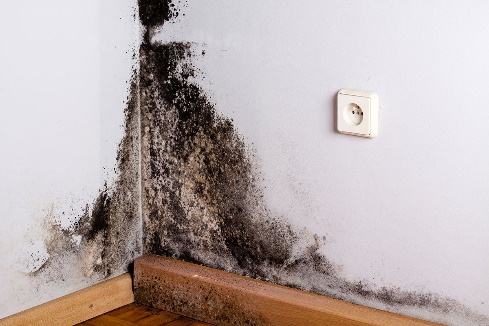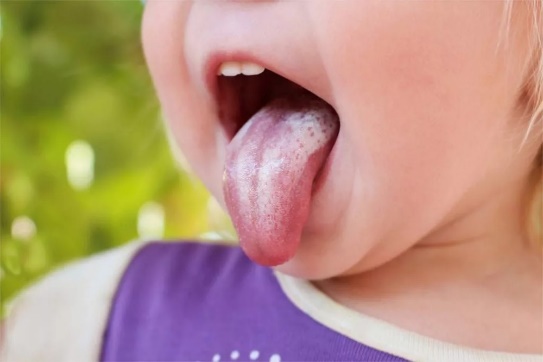For Appointment call on : 9427784433
For Appointment call on : 9427784433


Posted On Jun 15 2023
THE POTENTIAL RISK OF CAVITIES FROM BLACK MOLD
WHAT IS BLACK MOLD?
Black mold is the type of fungus that causes symptoms of sneezing, coughing congestion and eye irritation. It grows and spreads on materials containing cellulose including paper, wood and drywall.

When it comes to taking care of your child’s teeth, most parents understand the importance of limiting their sugar intake and encouraging a daily brushing routine. However, there is another tooth decay culprit that many parents are unaware of i.e., Black mold has recently been found to contribute to tooth decay in children and it can even increase its severity.
The child is exposed to black mold through sipping cups. The design of sipping cups has tiny spaces that may act as the perfect breeding ground for mold. However, this black mold growth is not noticeable. To prevent mold from growing within sipping cups, you can use bleach, vinegar, tea tree oil, boiling water, or steam sterilization. This fungus can interact with decay-causing bacteria to form a glue-like material that allows it to adhere to the teeth. Not only that, but the fungus can also coat the insides of the cheeks and tongue, eventually resulting in oral thrush.

Another way that you can be exposed to black mold is by inhaling it. Black mold can cause congestion of the nasal passages and makes it difficult to breathe through the nose. At this point, children will inevitably begin to breathe with their mouths open. This causes dry mouth, or a reduced production of saliva. Since saliva is an essential defence mechanism used to protect the enamel and prevent tooth decay, less saliva often results in an increased risk for both tooth decay and gum disease. Therefore, any exposure to black mold should be taken very seriously and dealt with accordingly.
Leave a Comment
Book For Free Appointment
Comment